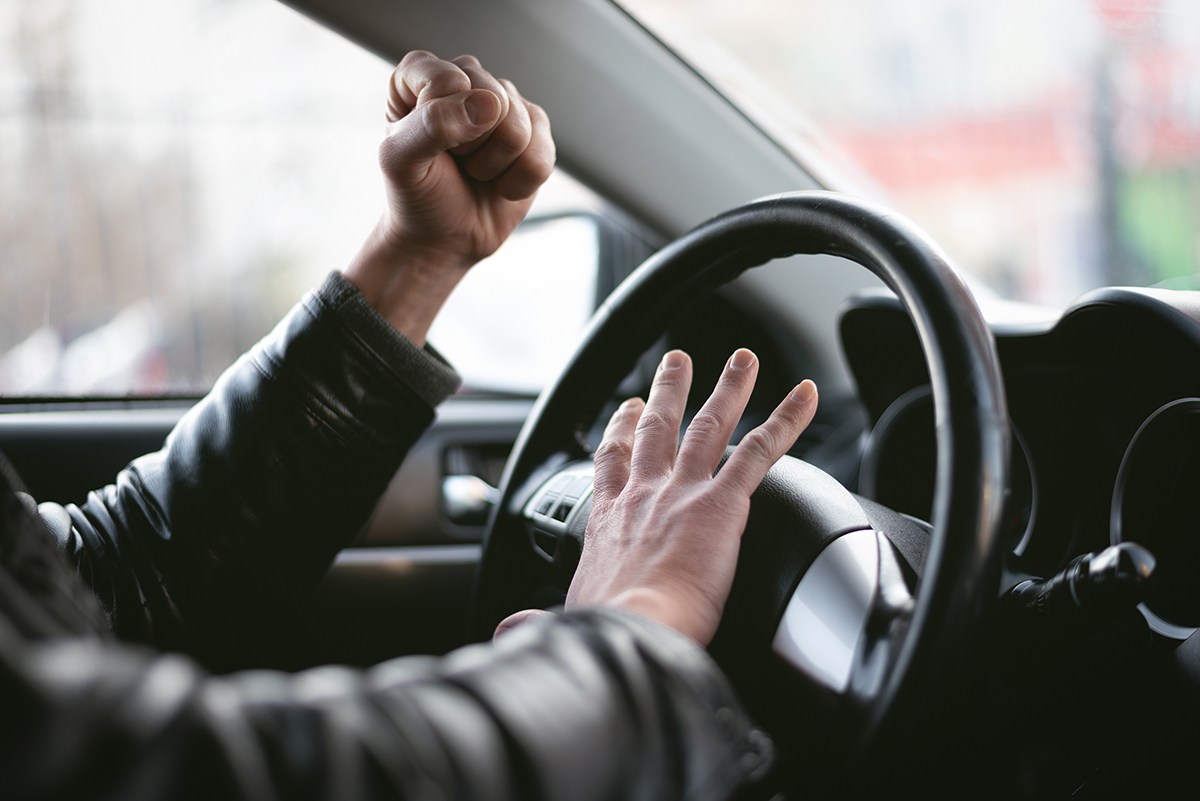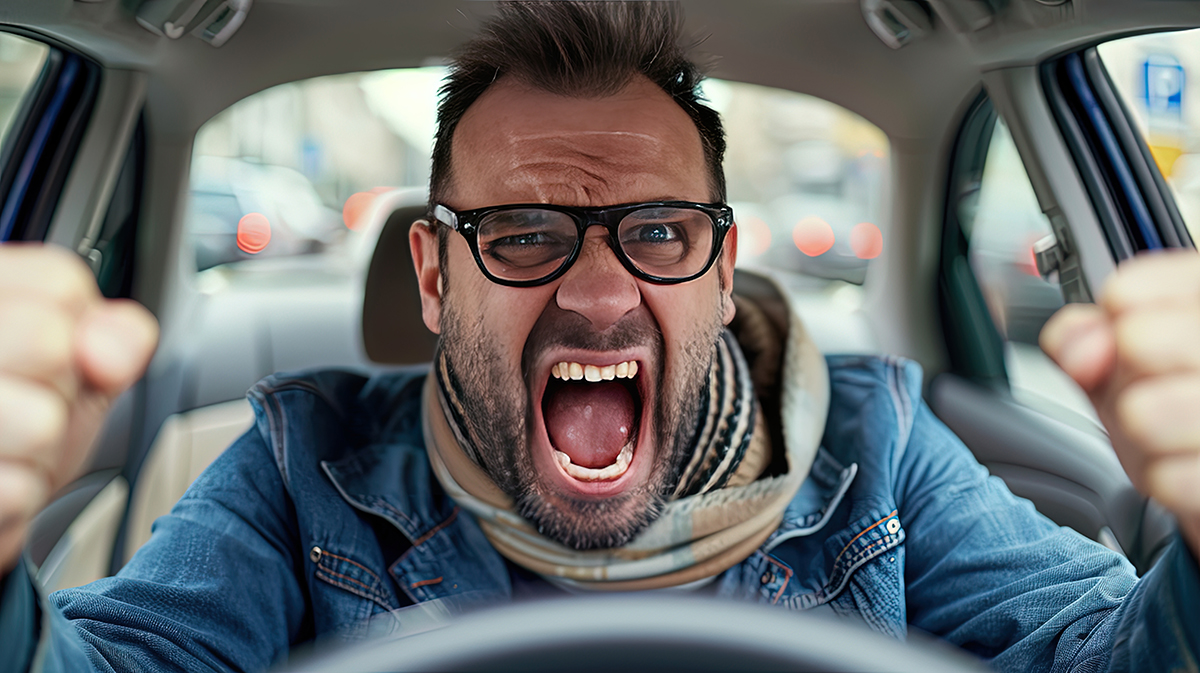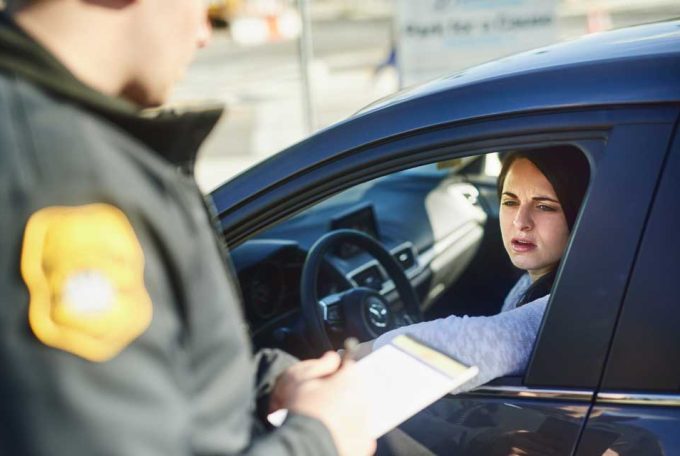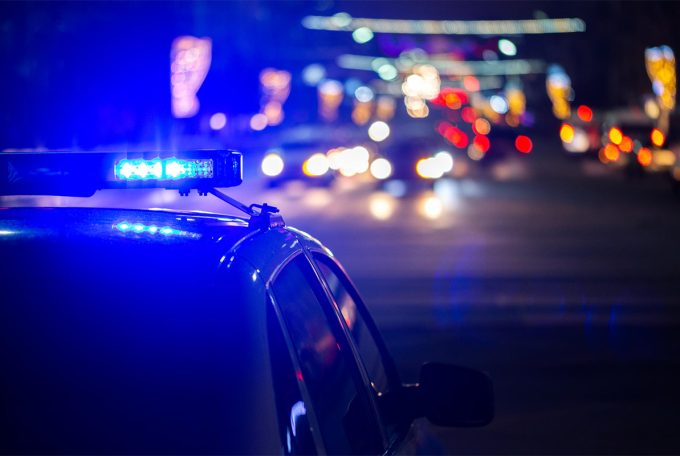In Louisiana cities and parishes rely on revenue received from traffic violations. The money raised through traffic tickets accounts for up to 10% of the revenue raised. This provides an incentive for law enforcement to lie in wait until you go speeding by.
Careless driving, aggressive driving, reckless driving or speeding, all carry harsh penalties with good reason. In 2017 there were 115,243 crashes and 421 fatalities related to aggressive driving.
Before adrenaline gives you the rush to put the pedal to the medal, let’s review the risk you are taking with your pocketbook and freedom.
Careless Driving, Aggressive Driving, Reckless Driving or Speeding
When you exceed the speed limit in Louisiana, penalties are based on the amount of excess speed and the manner in which you handle your vehicle. Additional consideration includes whether your driving is an endangerment to those around you.

Speeding in Louisiana
The Louisiana Vehicle Code, § 32:64(A) establishes the law. No one is to drive their automobile at a speed that is greater than deemed reasonable and prudent according to the conditions and potential hazards that exist.
In driving one must give proper consideration to the size of the road and its conditions. They must also consider the traffic around them and the impact of current weather conditions on their ability to maintain control of their vehicle.
Penalties for a first-time speeding violation include a fine of up to $240 or more. There is also the possibility of being sentenced for up to 30 days in jail and having your driver’s license suspended for up to one year.
Careless Driving
When you receive a ticket there is a substantial difference between careless and reckless driving. In careless driving, the operator of the vehicle is not willfully being reckless. The driver does fail to drive in a careful and prudent manner pursuant to La. R.S. 32:58.
This definition leaves a broad area of interpretation. Examples of careless driving include swerving in and out of traffic, running off the edge of the road, or being at fault in a traffic accident.
The penalties for careless driving are high and vary between the parishes. In New Orleans, you will pay a $253 fine, but in Slidell, which is north of Lake Pontchartrain, you will pay $368 for the same offense.
Reckless Driving
If you receive a ticket for driving 15 mph or more over the posted speed limit you are automatically considered to be driving recklessly and will need to appear in court. Reckless driving is a criminal misdemeanor and is defined under the law as operating your vehicle in a “criminally negligent or reckless manner.”
This means that as a driver you willfully and recklessly drove your vehicle in a way that you knew was a potential danger to the lives of others. The penalties for reckless driving are:
- First offense – up to 90 days in jail and/or fines up to $200
- Second or Subsequent offense – 10 days to 6 months in jail and/or fines of $25 to $500
If convicted of three or more incidents of reckless driving within 12 months, your driver’s license will be suspended for 24 months

Aggressive Driving
The definition of aggressive driving is when a driver either exceeds the stated speed limit or exceeds the safe speed limit. Other behavior includes following too closely behind other vehicles, failing to yield, disregarding traffic control mechanisms, or passing other vehicles improperly.
At this time Louisiana does not have an aggressive driving offense. A new bill has been introduced for the purpose of making aggressive driving a crime.
Bill Introduced to Make Aggressive Driving a Crime
In April 2020 Representative Samuel Jenkins filed a bill that if passed will criminalize certain acts committed while driving. If the proposed bill becomes law, aggressive driving will become a misdemeanor criminal offense.
For a conviction under the proposed law the driver must be guilty of three or more of the following during one continuous period of driving:
- Exceeding a posted speed limit
- Exceeding a maximum speed or general speed law
- Failure to obey traffic control devices or signals
- Following another vehicle too closely
- Failure to yield the right-of-way
- Failure to stay within their designated traffic lane
- Driving off the pavement or main travel portion of the road to pass a vehicle on the right
- Changing lanes in an unsafe manner
- Failure to yield to approaching vehicles at an intersection
- Failure to use proper signals when turning or stopping
- Failure to yield or stop at appropriate traffic signs
- Overtaking or passing a school bus with its signal lights activated
If the proposed bill passes and an officer sees a person commit three or more of the above the violation will be a misdemeanor for aggressive driving.
Under the proposed law aggressive driving will carry a fine of up to $500 and/or jail for a period of up to six months. The driver will also need to complete a driver improvement program.
For any subsequent offense, the fine will increase to $1,000 and jail of up to one year, plus suspension of the driver’s license for six months.

Legal Requirement to Stop You for Speeding
When an officer determines there is a reason to pull you over, they must follow specific procedures. If you dispute the ticket in court, your lawyer will review the records to make sure the officer was following protocol. The officer is required to:
- Have reason to believe you are speeding
- Be able to prove you were exceeding the speed limit and by how much
- The officer must inform you why you have been pulled over
During a traffic stop, you have legal rights which include:
- The officer cannot search your vehicle unless they have a warrant or you grant them permission to do so
- If the officer has reasonable cause to conduct a search of your vehicle, they may do so without having a warrant
- You can refuse to answer questions and can request an attorney be present when you are questioned
For your own safety, you need to exercise caution so as not to alarm an officer.
- Keep your hands visible at all times
- Do not make any quick maneuvers
- Do not exit the vehicle unless instructed to do so by law enforcement
If the officer does not follow proper procedures do not point this out. Stay quiet, be polite, and contact a traffic attorney as soon after the stop as possible.
Protect Your Driving Rights
If you receive a ticket for careless driving, reckless driving or speeding do not pay that ticket!
Contact LouisianaSpeedingTicket.com to schedule a free consultation. Don’t hesitate, call (225) 327-1722 today.






